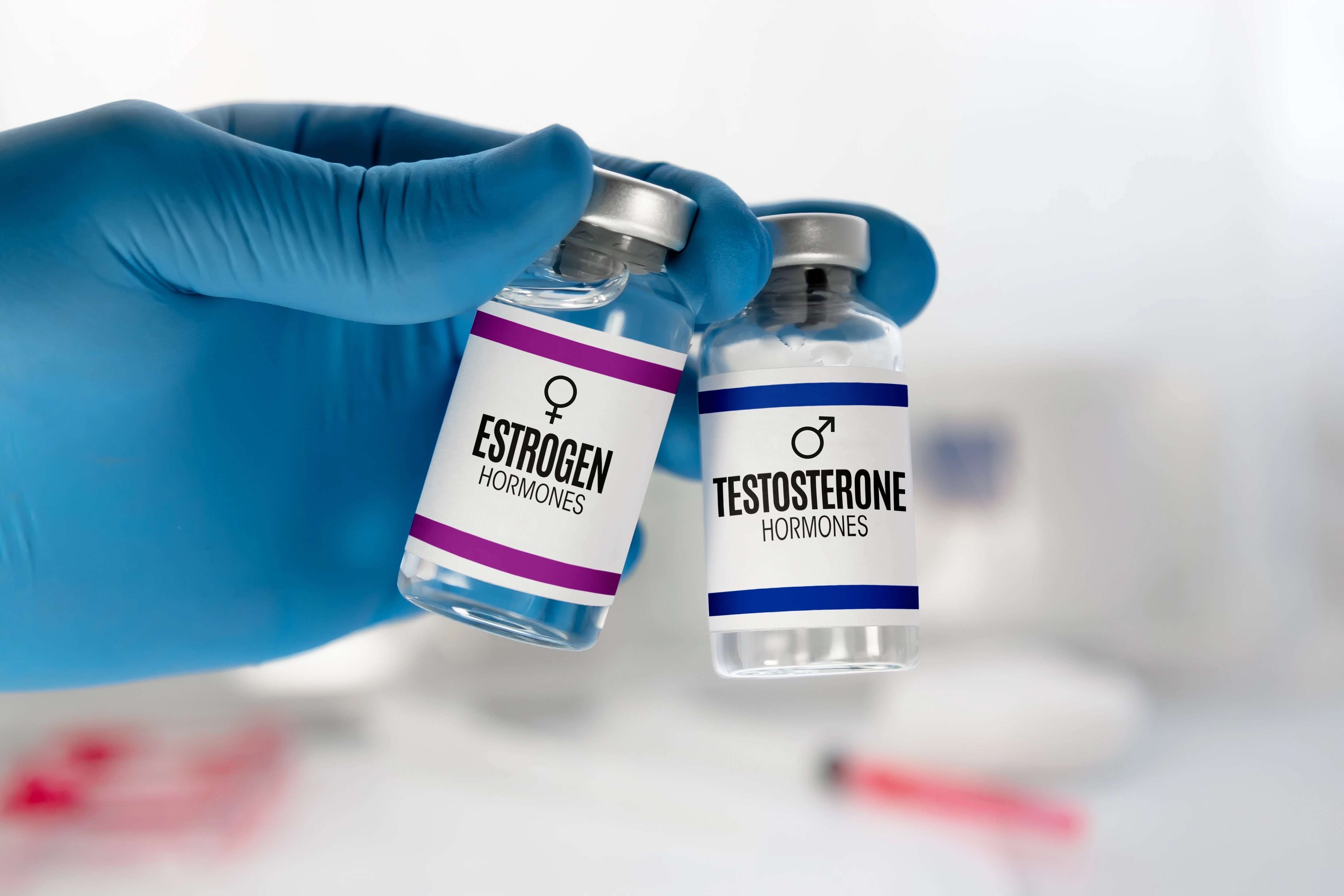Unpacking the HHS Report: What It Means for Minors Facing Gender Dysphoria
The U.S. Department of Health and Human Services (HHS) recently released a contentious report examining medical treatments for minors with gender dysphoria, reigniting debates among policymakers, healthcare providers, and advocacy groups. Published in late 2023, the document scrutinizes the risks and benefits of interventions like puberty blockers and hormone therapy for adolescents, leaving families and clinicians grappling with its implications for future care and legislation.
The HHS Report’s Key Findings
The 64-page report highlights several critical concerns, including the lack of long-term studies on medical interventions for transgender youth. According to HHS data, an estimated 300,000 minors in the U.S. identify as transgender, with a growing number seeking gender-affirming care. However, the agency notes that only 12% of studies on these treatments meet the gold standard of randomized controlled trials.
Key takeaways include:
- Limited evidence: Most research on puberty blockers and cross-sex hormones spans fewer than five years, leaving gaps in understanding lifelong effects.
- Mental health trade-offs: While some studies show reduced depression and anxiety in treated youth, others warn of potential impacts on bone density and fertility.
- Regional disparities: Access to care varies widely, with 20 states restricting treatments for minors as of 2024.
Expert Reactions and Stakeholder Perspectives
Dr. Elena Martinez, a pediatric endocrinologist at Boston Children’s Hospital, argues the report overlooks clinical consensus. “Gender-affirming care saves lives,” she says. “The American Academy of Pediatrics supports these treatments because they reduce suicide risk by up to 73% in transgender adolescents.”
Conversely, Dr. Robert Keane, a bioethicist, cautions against rushing interventions. “We’re dealing with irreversible decisions for developing bodies,” he notes. “The HHS rightly calls for more rigorous research before standardizing these protocols.”
Advocacy groups are equally divided. The National Center for Transgender Equality condemns the report as “politically motivated,” while conservative organizations like the Family Research Council applaud its “cautionary approach.”
The Policy Landscape: Bans, Bills, and Legal Battles
The HHS report arrives amid a flurry of state-level bans on gender-affirming care for minors. Since 2021, 22 states have passed laws restricting treatments, with penalties ranging from fines to felony charges for providers. Courts have blocked enforcement in some states, citing constitutional concerns.
Legal experts predict the report could influence pending cases. “This adds fuel to the fire for legislators pushing bans,” says constitutional law professor Diane Cole. “But it also gives judges pause—if federal agencies question the science, can states justify outright prohibitions?”
Families in the Crossfire: Navigating Uncertainty
For parents like Maria Gonzalez, whose 14-year-old son is transgender, the report exacerbates an already fraught journey. “Do we wait for more studies while he suffers?” she asks. “Or do we trust his doctors now?” Families in restrictive states face even tougher choices, with some relocating to access care.
Meanwhile, clinicians are revising consent protocols. “We’re doubling down on mental health screenings and family counseling,” says Dr. Alan Pierce, a gender specialist in Chicago. “Transparency is key—parents and teens deserve to know both the benefits and unknowns.”
What’s Next for Gender-Affirming Care?
The HHS recommends:
- Funding longitudinal studies tracking outcomes into adulthood
- Standardizing diagnostic criteria to reduce misdiagnoses
- Expanding training for providers in underserved areas
Advocates urge Congress to pass the Transgender Youth Healthcare Protection Act, a stalled bill that would override state bans. However, with the 2024 election looming, the issue remains a political lightning rod.
As research evolves, one truth remains: the stakes are profoundly personal for thousands of families. For policymakers, the challenge is balancing caution with compassion—a task easier said than done.
Stay informed on this developing story by subscribing to our health policy newsletter for updates.
See more WebMD Network



